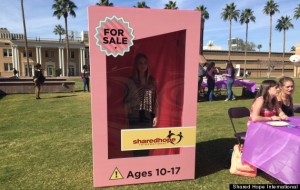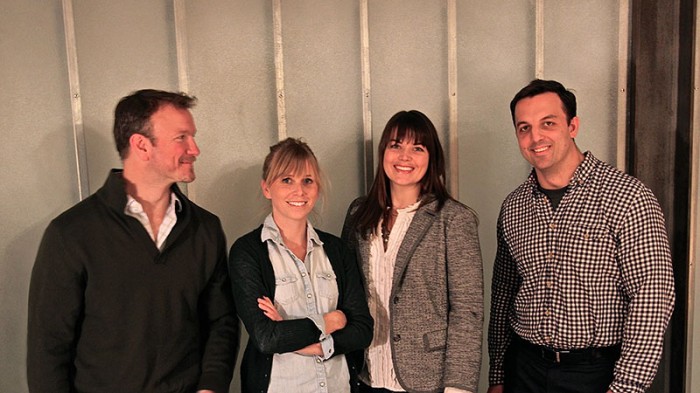[clear-line]
[clear-line]
- Jul. 21: Bulletin Online – Norwich group works to put spotlight on human trafficking in region
- Jun. 29: WHSV-TV – Virginia Targets Sex Trafficking
- Jun. 10: WFIL 560AM/Philadelphia – Could Your Daughter be Trafficked?
- Mar. 31: Cincinnati.com – Sex trafficking not truly consensual
- Mar. 17: US News – Democrats Block Human Trafficking Bill Over Abortion Language
- Mar. 15: Fredericksburg.com – Commentary: Laws against trafficking help prosecutors
- Mar. 3: CBS Miami – State Looks to Ramp Up Fight Against Human Trafficking
- Feb. 26: US News – Anti-Human Trafficking Bills Advance in Senate
- Feb. 26: MSN News – Safe Harbor,’ Other Anti-Human Trafficking Legislation Advance in Senate
- Feb. 6: Huffington Post – Sex Trafficking: There’s More to the Super Bowl Than Sports
- Jan. 28: Huffington Post – Young Women Pose In Life-Size Toy Box To Warn Of Super Bowl Trafficking Risks

- Jan. 26: Examiner – Justice for trafficking victims is long overdue: Congress must act now
- Jan. 25: Sioux City Journal – THE REGULARS: Toleration of human trafficking taints character of nation
- Jan. 23: AZCentral – 4 Ways to Look at Sex Trafficking
- Jan. 17: North Texas e-News – Sens. Cornyn, Wyden, Kirk, Klobuchar push to crack down on human traffickers
- Jan. 15: Daily Herald – Nebraska AG targets drugs, human trafficking as priorities
- Jan. 10: The Tennessean – Human Trafficking Awareness Day hits home
- Jan. 6: The Post and Courier – Attorney General Alan Wilson calls for escalating fight against ‘modern-day slavery’
- Jan. 1: MSN News – Funding sometimes lags for sex-trafficking victims








